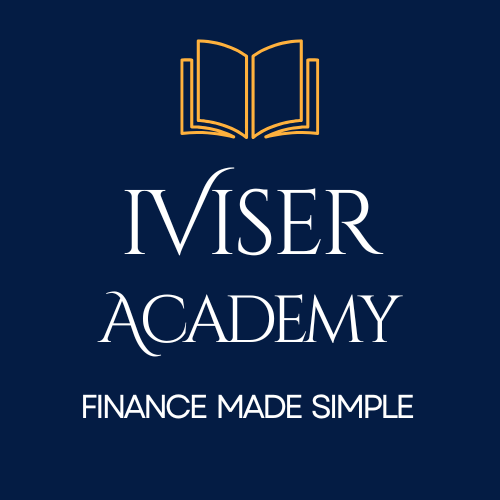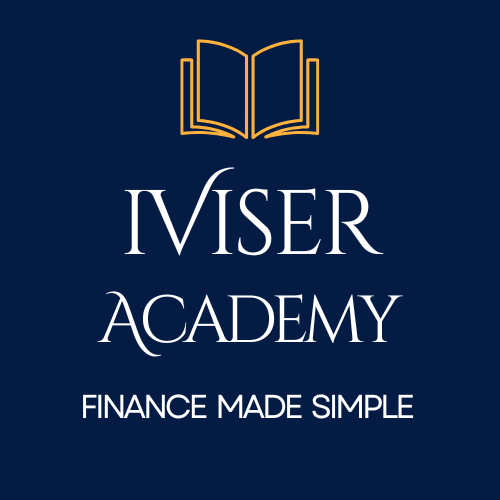Exclusive Presale:
The Big World of Finance
This introductory course explains how the financial system works, how global trends impact your everyday choices, and why understanding money flow helps you make smarter financial decisions and build long-term security.
Write your awesome label here.
In this course you'll learn:
How money flows
- How money flows around you
- Why your everyday expenses are linked to global events
- Who is the largest saver in the economy
- Why we need a financial system
- How banks make profits
- What you can do to protect your savings
What is financial system
- What is a financial system
- Assets: liquid and non-liquid
- Types of finance markets: money market, capital market, primary market, secondary market and more
- Financial instruments
- Equity vs debt
- Derivatives as risk managers
Where to shop finance
- Who takes care of your loans, deposits, insurance, super and interest rates
- Depository vs non-depository institutions
- Central bank - do we really need it?
- What is direct and indirect money flow
- Is commercial bank different from central bank?
From Paychecks to Portfolio: Why and How To Invest (Coming Soon)
Learn how money, finance, and markets work in everyday life. No jargon—just simple, clear lessons to help you save and invest smarter.
Write your awesome label here.
In this course you'll learn:
Why invest
- Why do we choose to save?
- The Time Value of Money
- Interest rate and Return
- Simple Interest vs Compound Interest
- The Magic of the Compound Interest
Investor life cycle
- Why budget and save?
- Life cycle stages
- How much money will you need in retirement?
- Dollar-Cost Averaging strategy
How to read economic signals
- What affects Interest Rates?
- Inflation and Uncertainty
- Minimum Return vs Expected Return
- Economic Indicators
- GDP growth and Unemployment rate
- Economic Cycles
Still skeptical?
That’s completely normal — especially when it comes to money and investing. To help you decide, I’ve created a quick
Finance Readiness Quiz.
The quiz will highlight your strengths and show you the areas where a structured course can make the biggest difference.
Finance Readiness Quiz.
The quiz will highlight your strengths and show you the areas where a structured course can make the biggest difference.


